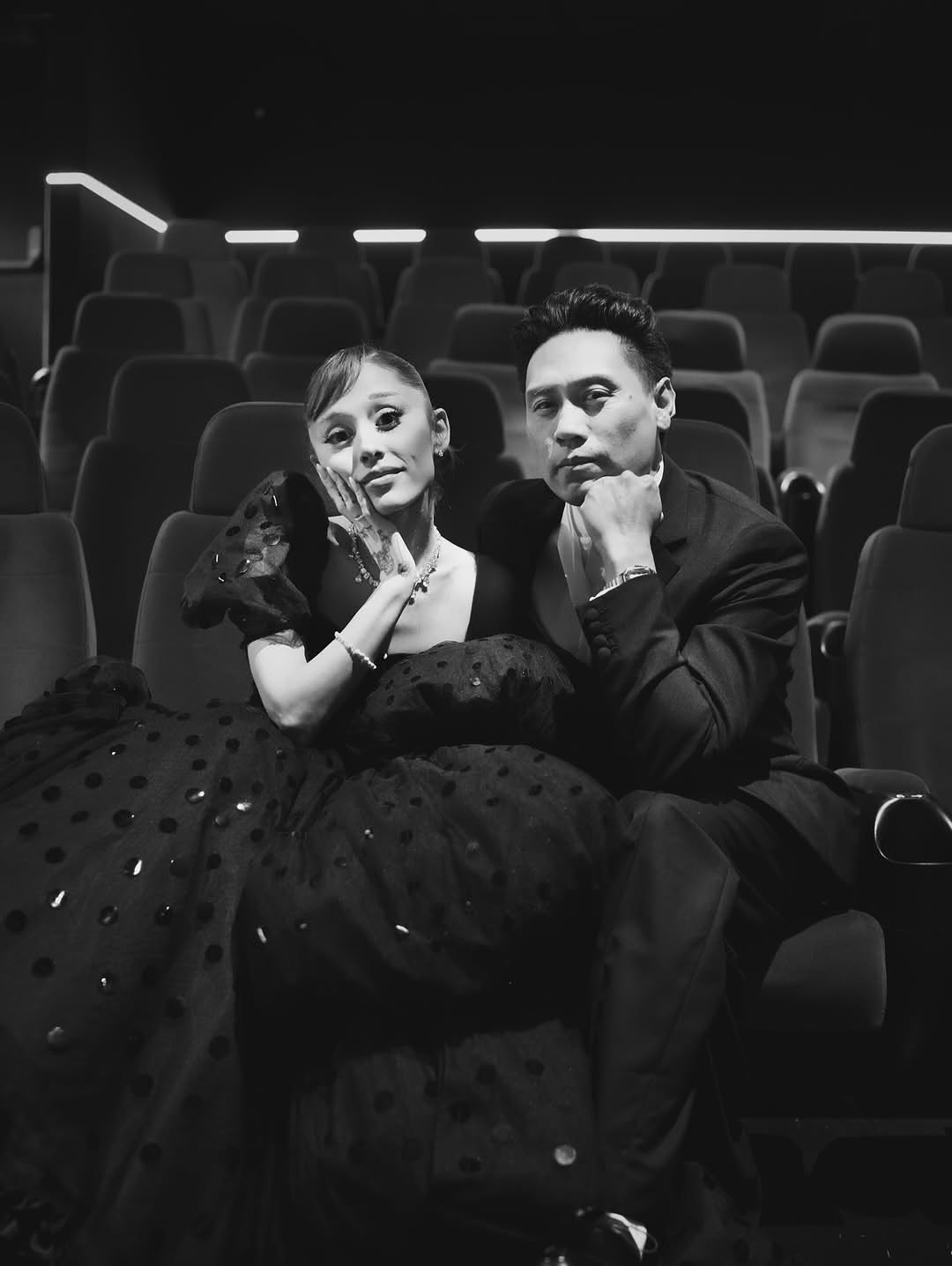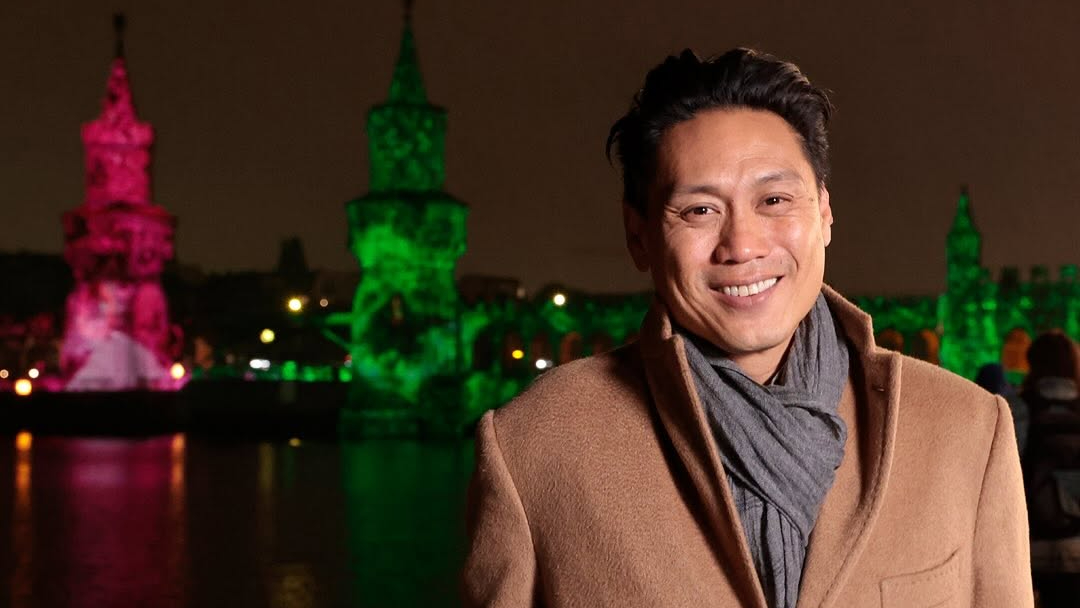Jon M. Chu and the Business of Belonging: How Inclusive Storytelling Became a Global Strategy
There’s a reason Hollywood and Wall Street are both paying attention to Jon M. Chu. The 44-year-old filmmaker, known for turning Crazy Rich Asians into a global phenomenon and reimagining Wicked for a new generation, has quietly become a case study in the economics of inclusion.
Chu’s projects do more than tell stories they move markets. His work is reshaping the way studios, investors, and even corporate brands think about representation as a long-term financial asset. In an era where “authenticity” is often treated as a marketing slogan, Chu’s success reveals how inclusive narratives, handled with care, can become one of the most powerful forms of capital in the modern economy.
The Financial Power of Representation
When Crazy Rich Asians premiered in 2018, its $30 million production budget seemed modest for a studio-backed film. Its global box office return over $238 million was anything but. Beyond its cultural significance, the film proved that a story rooted in specificity could deliver massive universal appeal.
For Hollywood executives, the numbers redefined a long-standing assumption: that diversity limits profitability. Chu’s film showed the inverse that audiences are hungry for stories that feel honest, grounded, and emotionally resonant.
Analysts at McKinsey & Company have since validated the economic case for representation. Their 2023 report found that projects featuring authentically diverse casts and crews outperformed their less inclusive counterparts by an average of 25% at the global box office. Chu’s filmography from In the Heights to the forthcoming Wicked has consistently aligned with that trajectory.
What Chu understands better than most is that cultural relevance compounds financial value. Representation isn’t charity; it’s strategy. It builds emotional loyalty, generates repeat viewership, and opens markets that traditional content overlooks.

Jon M. Chu with Ariana Grande
Reading the Market: Global Demand Meets Cultural Depth
Chu’s directing philosophy could easily double as a market thesis: tell a story so rooted in real experience that it transcends borders.
His films balance two forces that corporations, too, are struggling to master global scale and local authenticity. From the opulent backdrops of Singapore in Crazy Rich Asians to the pulsating streets of Washington Heights in In the Heights, Chu uses place and culture not as exotic garnish but as narrative infrastructure.
That strategy mirrors a broader shift in global consumer behaviour. PwC’s Global Entertainment & Media Outlook 2024–2028 projects that Asia-Pacific will account for more than 50% of global box-office growth by 2027. Meanwhile, Latin America and diasporic markets in North America are seeing similar double-digit growth.
Chu’s ability to weave specificity into universal emotion allows his films to resonate across these expanding markets. It’s not unlike what global brands such as Nike or Unilever have achieved through culturally localised campaigns — maintaining a core identity while speaking authentically to diverse audiences.
Inclusivity as the New ESG
Executives once treated inclusivity as an ethical checkbox. Now, it’s a core metric of long-term business health. The World Economic Forum’s 2024 Corporate Sustainability Report highlighted diversity and social inclusion as “material financial factors” meaning they directly influence investor confidence and brand resilience.
Chu’s approach to filmmaking anticipates that shift. On his sets, inclusion isn’t a press-release talking point — it’s an operational framework. From hiring diverse crews to investing in emerging talent, he builds ecosystems that mirror the audience he serves.
In doing so, Chu has become a model for how creative industries can align with ESG principles: equity, sustainability, and governance through inclusion. Just as companies now report social impact metrics to shareholders, Chu’s films measure their success not only in box-office dollars but in how authentically they reflect the communities they portray.
It’s no coincidence that brands increasingly seek partnerships with directors like Chu, whose work embodies values investors recognise as sustainable diversity, innovation, and cultural credibility.
Lessons for Business: What CEOs Can Learn from Jon M. Chu
For business leaders, Chu’s playbook reads like a masterclass in customer empathy. His filmmaking is, at its core, a study in human-centred design — understanding what people care about, and delivering it without pandering.
-
Authenticity scales trust. Chu’s stories resonate because they’re honest. Brands, too, can only sustain loyalty when authenticity is embedded, not performed.
-
Data supports emotion. Chu’s success isn’t instinct alone — it’s supported by analytics on audience sentiment, representation, and market trends. Smart companies use the same hybrid model: intuition meets data.
-
Culture is currency. Just as Chu invests in culturally grounded narratives, businesses that align their values with the cultural pulse gain relevance — and revenue.
-
Representation drives innovation. Diverse teams don’t just check boxes; they generate ideas that reach new markets. Harvard Business Review reports that inclusive organisations outperform peers in innovation revenue by 36%.
In essence, Chu runs his sets the way great CEOs run their companies by empowering people, protecting authenticity, and aligning vision with measurable outcomes.
The Broader Impact: Why Authentic Storytelling Matters
In a time when AI-generated scripts and algorithmic content are flooding the creative space, Jon M. Chu’s success underscores something essential: storytelling still requires humanity.
His work reminds both filmmakers and executives that cultural connection cannot be automated. Audiences can sense when they’re being seen and when they’re being marketed to. That difference, increasingly, separates brands that thrive from those that fade.
Chu’s rise also reframes leadership itself. The best directors, like the best CEOs, are translators of human experience. They lead with empathy, clarity, and conviction not just for profit, but for purpose.
The Future of Representation as Enterprise
With Wicked set to become one of Universal’s largest releases in years, Chu’s next act will likely reinforce his central thesis: inclusion is not a trend but a structural advantage.
As global markets continue to reward authenticity, Chu’s approach blending emotional intelligence with financial foresight — stands as a playbook for every leader navigating the intersection of culture and commerce.
In a world obsessed with disruption, he’s shown that the most powerful innovation still begins with connection.














